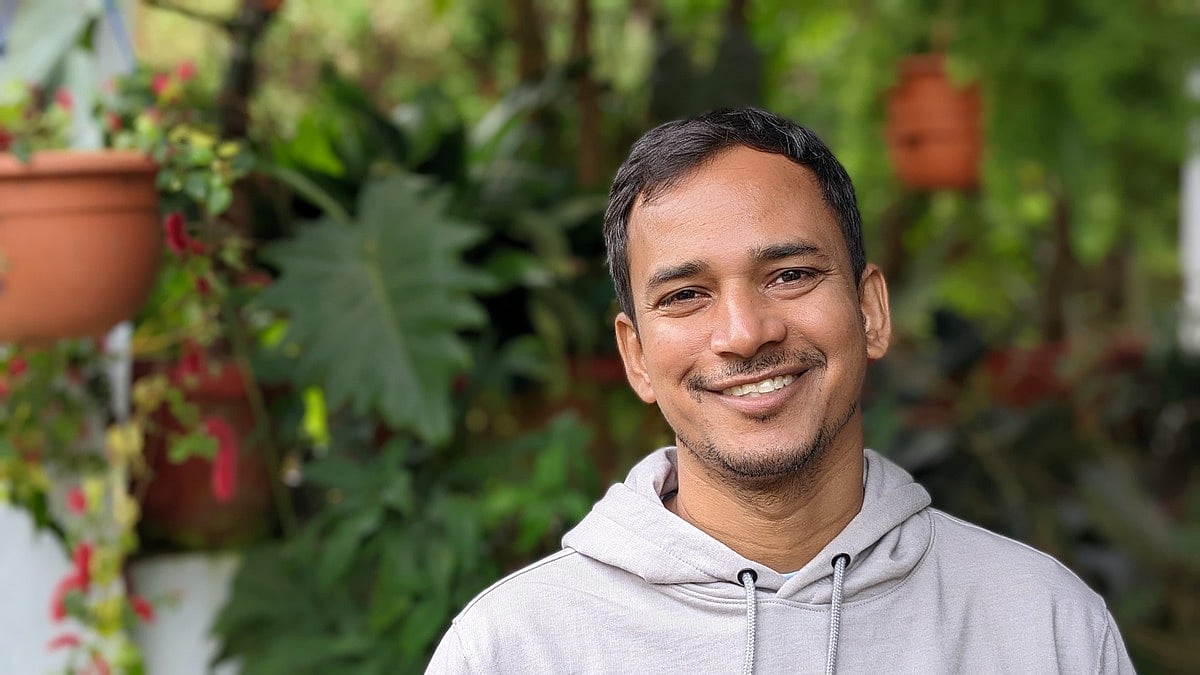Apni Shala, founded in 2013, started as a response to the need for inclusive education for children of marginalised communities. They have been working with children in over 30 schools in Mumbai, to transform educational institutions to be wellbeing-aligned learning spaces.

Apni Shala
The objective was to increase access to Social Emotional Learning (SEL) spaces for children and the larger community, to develop capacity among educators and mental health workers to facilitate SEL programmes and advocate with the government to push for policy interventions.
In recent months, Apni Shala has revised its strategic direction and is moving towards a larger goal. “Rather than looking at students’ social and emotional development only at programmatically or at curriculum level, we are now looking at the whole-school approach. This means we are moving towards making schools that are caring institutions,” explains Rohit Kumar, CEO of Apni Shala.
What this means is that now their work is not only with children from junior KG to grade 10, but also with teachers, principals, school staff, caregivers, and other stakeholders like administrative officers, government officials—anyone shaping children’s educational experience in schools.
This long-term plan will be implemented in phases. “We are trying to help students understand what psychosocial development is and why it’s critical. We will do weekly sessions with students, monthly training with teachers, orientation sessions with caregivers and conduct community visits,” he shares. They will continue working with the young ones and facilitate the weekly sessions with one-on-one counselling support. Phase Two will see working with teachers on their well-being and their ability to integrate social-emotional learning in their regular classrooms.
Phase Three will see them working with the school leadership, developing a well-being aligned vision for the school. This will include coaching and mentoring the school principals and the team on how to develop a well-being-focused vision for the school, and what are the resources in the school that can be utilised. “Because we recognise that not all schools have counsellors, this was a way to train the stakeholders in the school to understand the first level of mental health,” he explains.
